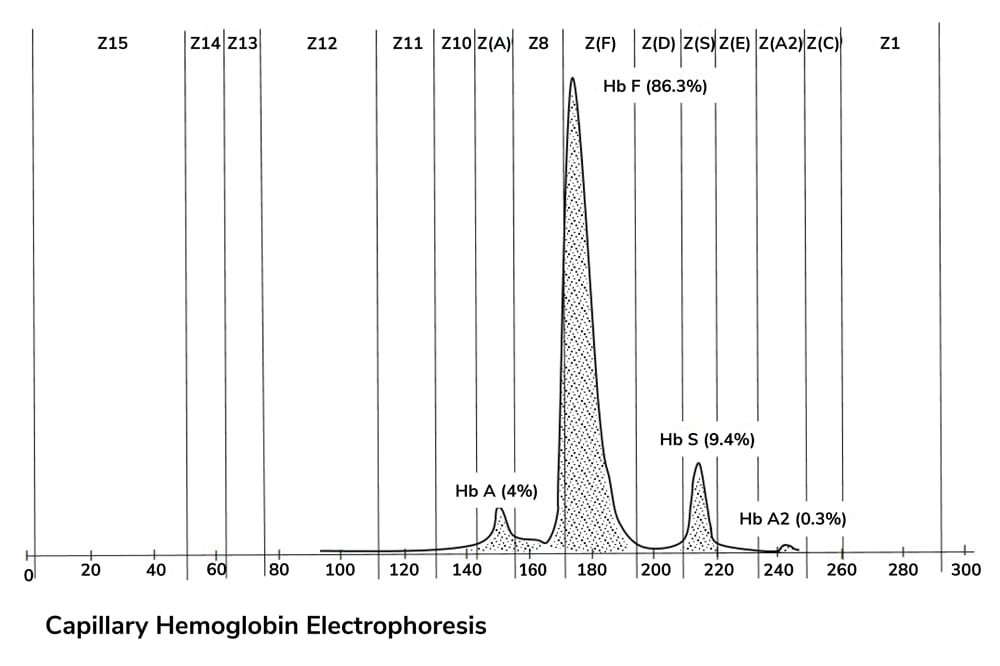The route to inflammatory bowel disease (IBD) diagnosis can be a complex process involving combinations of blood and stool tests, endoscopy, biopsy, and radiology.
In efforts to develop a less invasive diagnostic model, an international research team has investigated a microbiome-based method for identifying ulcerative colitis (UC) and Crohn’s disease (CD). Their study, published in Nature Medicine, aimed to identify disease-specific microbiome signatures and develop a diagnostic model that could accurately distinguish IBD patients from healthy individuals.
Led by Jiaying Zheng and colleagues, the research involved the analysis of 5,979 fecal samples from patients with IBD and healthy controls across diverse geographic regions and ethnic groups. The team found reduced microbial diversity in both UC and CD patients compared with healthy controls. Patients with IBD exhibited an enrichment of pro-inflammatory bacterial species, such as Escherichia coli and Bacteroides fragilis, while species with anti-inflammatory properties, including Faecalibacterium prausnitzii and Roseburia inulinivorans, were depleted. These bacterial signatures were then used to develop separate diagnostic models for UC and CD.
Homing in on ten bacterial species for UC and nine species for CD, the researchers used a machine-learning algorithm to construct models to calculate their abundance in fecal samples. These models achieved high diagnostic accuracy – with areas under the curve (AUC) exceeding 0.90 for distinguishing IBD patients from healthy controls – and performed consistently across validation cohorts from eight different populations, demonstrating their potential applicability in diverse clinical settings.
The study also highlighted the diagnostic potential of a multiplex droplet digital polymerase chain reaction (m-ddPCR) test targeting the selected bacterial species. This noninvasive test showed higher diagnostic accuracy than fecal calprotectin – a standard biomarker for IBD – particularly in differentiating between UC and CD. The m-ddPCR test offers a practical, cost-effective, and scalable tool for early IBD diagnosis and could reduce the need for more invasive procedures, such as colonoscopy.
The authors concluded that further clinical validation in larger, more diverse populations is needed to confirm the test’s utility in routine medical practice.




